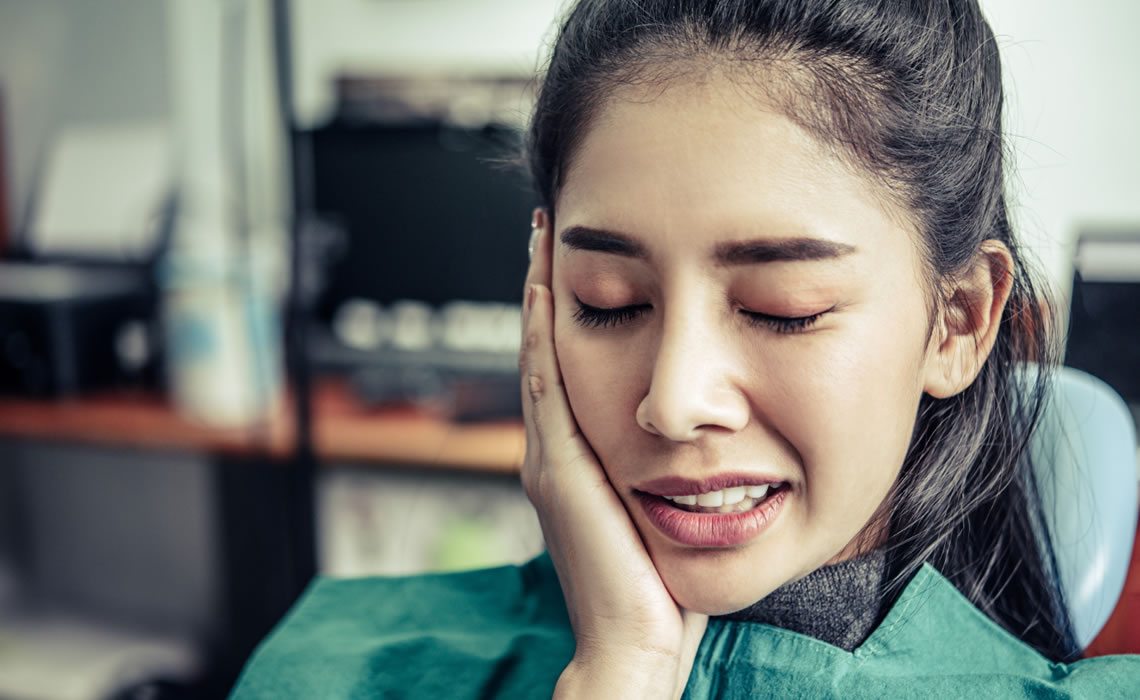
Teeth grinding, often an unconscious and predominantly nocturnal occurrence, also known as bruxism, can lead to serious consequences that may harm both teeth and the jaw joint. In this article, you will find detailed information about the causes, symptoms, and effective solutions for teeth grinding.
Causes of Teeth Grinding
Stress and Anxiety: Daily life stress and anxiety can increase the tendency to grind teeth.
Malocclusion (Jaw Misalignment): Irregular placement of teeth can lead to problems with teeth grinding.
Sleep Disorders: Disruptions during sleep can create conditions conducive to teeth grinding.
Smoking and Alcohol Consumption: Smoking and excessive alcohol consumption can elevate the risk of teeth grinding.
Genetic Factors: Individuals with a family history of teeth grinding may be genetically predisposed to the condition.
Symptoms of Teeth Grinding
Jaw Pain: Teeth grinding can cause pain in the jaw muscles and jaw joint.
Headaches: Headaches, especially intensified in the morning, can be a symptom of teeth grinding.
Tooth Wear: Irregular wear or cracks in the teeth can result from teeth grinding.
Insomnia: Teeth grinding often diminishes sleep quality, leading to a feeling of sleeplessness.
Jaw Joint Issues: Teeth grinding can lead to dysfunction of the jaw joint and jaw locking.
Effective Solutions for Teeth Grinding
Night Guards (Splints or Guards): Custom-made night guards, crafted by a dentist, can protect teeth and reduce the effects of teeth grinding.
Stress Management: Techniques such as yoga, meditation, or deep breathing exercises can help alleviate teeth grinding problems by reducing stress.
Malocclusion Treatment: If the cause of teeth grinding is malocclusion, orthodontic treatments can correct the alignment of teeth.
Pain Relievers: Pain relievers recommended by a doctor can be used for jaw pain and headaches associated with teeth grinding.
Behavioral Therapy: Behavioral therapy may be employed to change teeth grinding habits.
Physical Therapy: Physical therapy methods that strengthen and relax jaw muscles can assist with teeth grinding issues.
Conclusion: Teeth grinding is a frequently overlooked but serious condition that can have significant consequences. When symptoms are noticed or there is suspicion, seeking advice from a dentist is crucial. Proper treatment methods and lifestyle changes can help control teeth grinding problems, preserving long-term dental health.



















